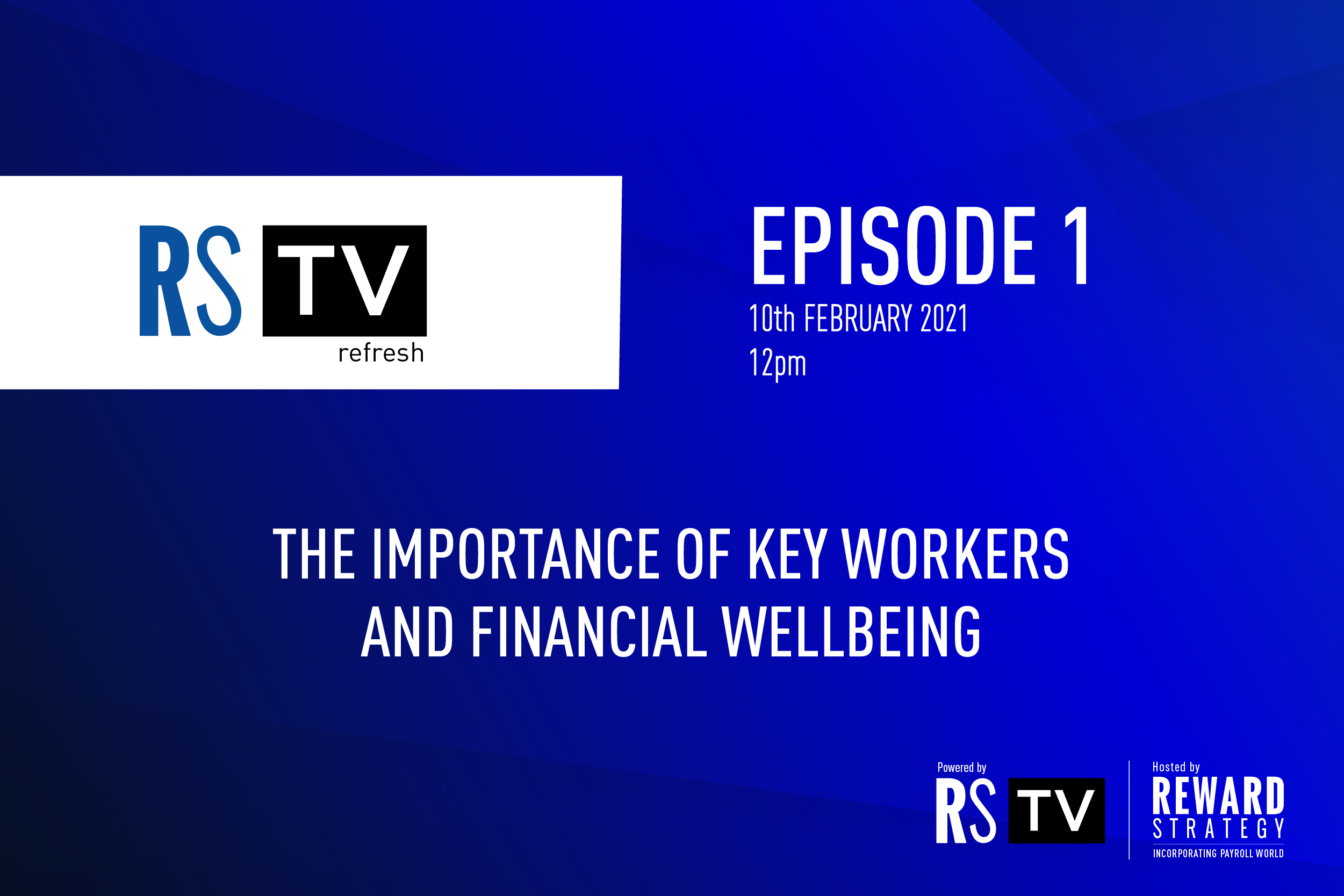Intelligence, community and recognition for pay and reward professionals.
Great British legislation: Statutory payments 2018/19
There are two pieces of legislation to look for when statutory payment rates are amended each year.

 Ian Holloway
Ian Holloway- The Social Security Benefits Up-rating Order 2018 in from the Department of Work and Pensions in Great Britain;
- The Social Security Benefits Up-rating Order (Northern Ireland) 2018 from the Department for Communities.
The orders fulfil a statutory obligation to review and uprate a number of social security benefit payments. These are important for employers, as they give us the following information for the new tax year:
Statutory sick pay (SSP)
Applies to average weekly earnings (AWE) at or above the LEL which is £116 per week in 2018/19:
|
Unrounded daily rates |
Number of QDs in week |
Number of days due |
||||||
|
1 |
2 |
3 |
4 |
5 |
6 |
7 |
||
|
£ |
|
£ |
£ |
£ |
£ |
£ |
£ |
£ |
|
13.1500 |
7 |
13.15 |
26.30 |
39.45 |
52.60 |
65.75 |
78.90 |
92.05 |
|
15.3416 |
6 |
15.35 |
30.69 |
46.03 |
61.37 |
76.71 |
92.05 |
|
|
18.4100 |
5 |
18.41 |
36.82 |
55.23 |
73.64 |
92.05 |
|
|
|
23.0125 |
4 |
23.02 |
46.03 |
69.04 |
92.05 |
|
|
|
|
30.6833 |
3 |
30.69 |
61.37 |
92.05 |
|
|
|
|
|
46.0250 |
2 |
46.03 |
92.05 |
|
|
|
|
|
|
92.0500 |
1 |
92.05 |
|
|
|
|
|
|
The revised rate of SSP is payable from the first day of the new tax year (April 6 2018).
Statutory maternity, adoption, paternity and shared (SMP, SAP, SPP and ShPP)
Whilst SSP is always payable from the first day of the new tax year, the other statutory payments apply from the week that commences the first Sunday in April (April 1 2018):
|
Rates effective from week starting on or after Sunday |
01 April 2018 |
|
Earnings Threshold (LEL) |
£116 |
|
SMP / SAP weekly rate for first 6 weeks (90% AWE or Statutory rate) |
£145.18 |
|
· SMP weekly rate for up to next 33 weeks · SAP weekly rate for up to next 33 weeks · SPP weekly rate · ShPP weekly rate |
£145.18 |
|
SMP, SAP, SPP and ShPP optional daily rate |
£20.74 |
|
Percentage of payment recoverable |
92% |
|
Percentage of payment recoverable (Small Employer’s Relief) |
100% |
|
NI compensation recoverable under Small Employer’s Relief |
3% |
|
Annual NICs threshold for Small Employer’s Relief |
£45,000 |
The Great British legislation is in place, though I cannot see the same is true in Northern Ireland at the time of writing, though watch this space. I have queried this with the Northern Ireland Assembly. Even though devolution has broken down in this part of the United Kingdom, this should not be a barrier to this piece of legislation progressing.






